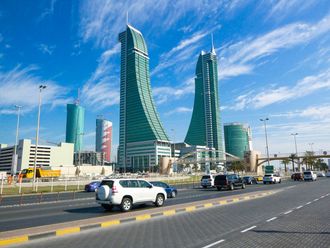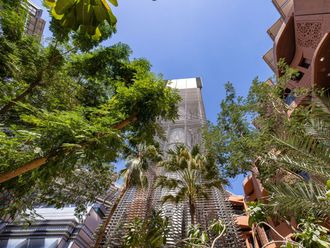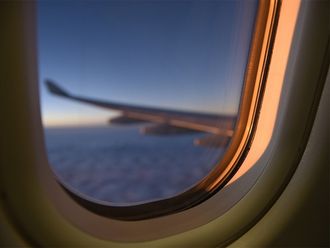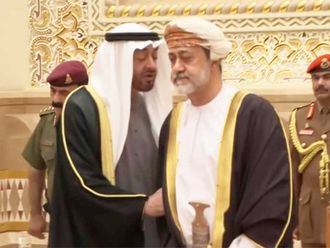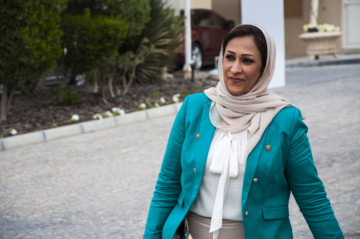
Manama: Participants at national dialogue in Bahrain have painted a surprisingly optimistic picture at the end of their fifth round, giving a much-needed nudge to the stalemate that marred their meeting on Sunday.
“For the first time I am really optimistic,” Muneera Fakhro, one of the eight delegates for the coalition of the opposition societies, said. “The conversations were very slow earlier, but today, I am optimistic about the future,” she said as she was leaving the hall where 27 participants representing the country’s political landscape, parliament and government discussed several issues for four hours.
Pessimistic statements made by the participants on Sunday presaged more difficulties and possibly an impasse in the talks launched on February 10 to help heal deep social wounds and break a political deadlock caused divergences over the events that unfolded in the country in February and March 2011.
The coalition of six opposition societies insisted on having a representative of the king attend the talks, but the coalition of ten political societies rejected the proposal, saying that there was a need only for a representative from the government.
Three ministers are taking part in the talks, alongside eight independent parliamentarians and eight from each of the two coalitions.
The disagreement threatened to stall the national dialogue, but on Wednesday, the participants did reach eight agreements on the dialogue platform and regulations that augured well for the talks.
“We agreed that there would be minutes at the end of every session,” MP Sawsan Al Taqawi said. “The minutes will include the agreements or disagreements on the points raised during the talks and will be signed by the four components,” she said.
The participants also agreed to allocate only five minutes for anyone who wished to speak.
“He or she cannot speak out again unless the other participants took their turn on the point that was raised. This way we will ensure that everybody’s voice is heard and that we can move forward,” she said.
Under the agreement, a session could be suspended to allow participants to consult. The period or the time for the suspension or consultations is determined by the participants.
“Once a consensus is reached on any of the issues raised, there can be no u-turn or a new discussion,” Sawsan said. “However, points can be put back on the agenda for further discussion.”
According to Eisa Abdul Rahman, the spokesperson for the national dialogue, a common agenda that converges the points raised by all the participants in their documents will be drafted and discussed at the next session.
“The agreements reached at the fifth session affirm the positive progress of the dialogue,” Abdul Rahman said. “This progress reflects the level of seriousness among all participants to achieve the political theme of the National Dialogue in order to reach further consensuses and more political gains for the sake of the nation and a better future for all,” he said.
No time limit has been set for the dialogue and participants agreed to meet twice a week for four hours.
However, the spokesperson said that the next Sunday’s session would be skipped and that the next meeting would be on Wednesday.


